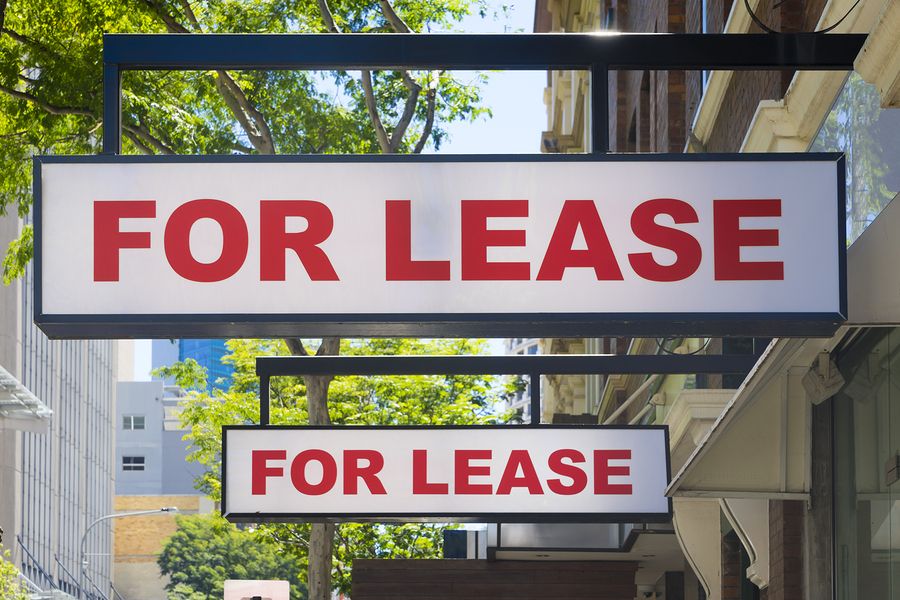
Should you hold the lease of your franchisees’ business premises? The decision involves several commercial and financial considerations of the risks. Many franchisors decide to hold leases of business premises and require the franchisee to sign a licence. Other franchisors require the franchisee to lease its own premises. But there are potential problems for franchisors no matter what the choice. Four of these potential problems are discussed below.
4 ways franchisors can avoid leasing risks
1 Consistent lease and franchise periods
Whether the franchisor or franchisee holds the lease it can be a mistake with serious consequences for the lease and the franchise to be inconsistent in respect of term, expiry date and options for a further term.
For example, the franchisor holds the lease and the franchise term expires before the lease term. The franchisee does not renew the franchise. The franchisor then faces lease obligations to pay rent and outgoings before the lease expires or until a new franchisee is found.
The franchisor cannot take action on the lease if there is no franchisee in place. It has that choice if the term of lease and franchise expire at the same time.
2 Consider centre redevelopment
The terms of many commercial or retail shop leases insist on vacant possession of premises and/or for the relocation of the franchised business to another part of the centre.
The disruption caused by a redevelopment or a relocation of the franchised business may adversely affect turnover and profitability of the franchisee’s business. Inevitably, this will lead to tension in the franchisor’s relationship with the franchisee.
In such circumstances, the franchisee may abandon the franchised business. If the franchisor holds the lease it may be exposed to a claim by the lessor for damages for breach of the terms of the lease if it does not step in and pay the rent and outgoings. The franchisor will need to meet the financial burden of lease payments.
It will be left with the problematic legal recovery of the payments the franchisee should have made. Then there is the practical difficulty of finding a new franchisee for the site, a location the previous franchisee left because of the adverse financial impact of the redevelopment.
The franchisor needs to consider these matters carefully and be proactive and seek to negotiate lease terms that do not allow a landlord to impose a relocation unless it is accepted by the franchisor.
Lease terms could also allow for the lease and franchise agreement to be terminated if the franchisor and franchisee agree that this is necessary and unavoidable.
Franchisors should consider specific disclosure to the franchisee of redevelopment and relocation clauses if they are aware of any planned redevelopment by the lessor in the current or next lease period.
3 Obtain a step-in deed
If the franchisor wishes the franchisee to hold the lease, then there is a risk that the franchisee may abandon the franchise and operate an independent business that exploits the goodwill attached to franchise.
There is also the risk that a franchisee may be in breach of the lease. This may lead to a lease termination and the end of the presence of the franchisor’s brand in that location.
The franchisor should ensure protection from these risks by signing a step-in deed with the landlord and franchisee.
This allows it a right of first refusal to accept an assignment of the lease or enter a new lease with the lessor if there is any lease breach by the franchisee. If the franchise agreement includes a term that the franchisee’s failure to comply with the terms of the lease is a breach of the franchise agreement then a breach triggers the franchisor’s rights under the step-in deed.
4 Fix fit out problems
The Franchising Code of Conduct prevents a franchisor requiring a franchisee to undertake significant capital expenditure unless it is disclosed in a disclosure document or in other limited circumstances specified in the Code.
This capital expenditure includes requiring a franchisee to undertake a major fit out during a franchise term. Such an obligation is often specifically included in the franchise agreement.
Leases sometimes require lessees to undertake a fitout or refurbishment if required by the landlord. The interval and extent of the refurbishment may vary from lease to lease. It is important that the franchisor understands the extent of any refurbishment obligation imposed by the lease. If the franchisor holds the lease, it must ensure that the refurbishment obligation is met by the franchisee.
If so the refurbishment obligation should be disclosed to the franchisee to avoid a contravention of clause 30 of the Code.
Avoid tension with franchisees
Regardless of who holds the lease, the franchisor should play an active role to ensure that two potentially inconsistent and onerous sets of obligations are not placed on a franchisee in respect of a refurbishment or fit out. This would only risk tension and a dispute in the franchisor’s relationship with the franchisee.

